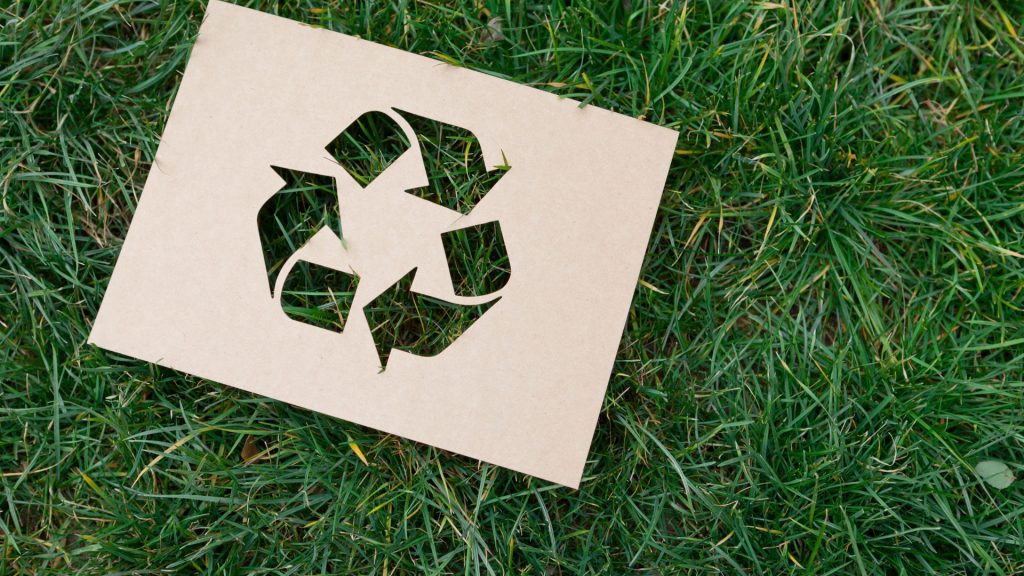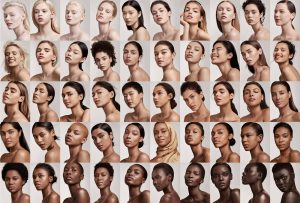
Introduction
The need to scale circular economy solutions is urgent to save people and planet. In simple terms, a circular economy is an economic system that aims to eliminate waste through continually using and reusing resources. This approach aims to eliminate the fashion industry’s current linear model of ‘take-make-waste’. The excessive consumption associated with the throwaway, disposal nature of fashion has led to overproduction and subsequent waste, resulting in severe environmental problems. The pressing need to take responsibility falls upon fashion brands and designers, who must focus on creating clothes that are meant to last longer and be easily repairable, developing technologies that allow old textiles to be recycled efficiently and supporting the market for second-hand clothes.
Ellen MacArthur Foundation’s ‘Fashion ReModel’
In response to the fashion industry’s current take-make-waste model, which sees millions of tonnes of clothing produced and discarded each year, there is a pressing need for change. Keeping this in mind, the Ellen MacArthur Foundation’s new initiative ‘Fashion ReModel‘, launched at the Global Fashion Summit in Copenhagen, aspires to shift the fashion industry toward a circular economy.
Key participants of the demonstrative project include Arc’teryx, H&M Group and its brands Arket, COS and Weekday, Primark, Reformation, and Zalando—all members of the Ellen MacArthur Foundation’s Network of Strategic Partners, Partners and Members. The Fashion ReModel has invited these brands to scale up circular business models such as rental, resale, repair and recycling, while curbing the production and consumption of new materials in order to make a circular economy for fashion a reality.
“In order to challenge conventional linear models and create a new normal, brands must decouple revenue from production by accelerating efforts to redesign the products of the future, as well as rethinking the services and business models which deliver them to customers and keep them in use. The fashion industry is rooted in reinvention and we welcome business-led action towards a world where, instead of being worn once and discarded, clothes can be used many more times and threaded through the lives of more people,” Jules Lennon, Fashion Lead at the Ellen MacArthur Foundation, expressed in a press release.
Leyla Ertur, Head of Sustainability at the H&M Group, said in the press release: “We’re looking forward to working with the Ellen MacArthur Foundation again. The Jeans Redesign pushed us to explore what circular design could mean for our product assortment and now The Fashion ReModel is set to do the same with circular business models. The opportunity presented by decoupling the fashion industry’s growth from resource use is huge and this project can help us better understand how to further scale these models.”

The Fashion Remodel initiative marks a significant step toward decoupling revenue from production, fostering sustainable processes and subsequently ensuring a more responsible future for fashion. Per the official website of the Ellen MacArthur Foundation, ‘At present, there are four main, customer-facing, business models that keep products in use in the economy and have the potential to decouple revenue streams from production and resource use: repair, rental, resale, and remaking… Circular business models represent a significant opportunity for new and better growth in the fashion industry. They allow customers to extend the life of their most treasured clothes, offer the potential for items to journey through the lives of many people, and can even go beyond a physical product into a digital dimension.’
Till date, The Fashion ReModel has been endorsed by key organizations including British Fashion Council, Camera Nazionale della Moda Italiana, Global Fashion Agenda and Fashion for Good. The Foundation believes that the shared learnings will forge a path towards a more resilient fashion industry. “Circularity is one of the core enablers for fashion’s systemic transformation. As our valued Impact Partner, Global Fashion Agenda is a proud supporter of the Ellen MacArthur Foundation’s Fashion ReModel project, which can help to dismantle barriers through fostering collective action on circularity. The launch of such a dynamic initiative at Global Fashion Summit aptly aligns with our theme of ‘Unlocking the Next Level’, epitomising tangible action and alliances that can advance the industry,” Federica Marchionni, CEO, Global Fashion Agenda expressed on the official website of Ellen MacArthur Foundation.

A circular economy is driven by design to eliminate waste, circulate products and materials at their highest value, and recycle products, to create resilience and prosperity for the business of fashion, the planet and people.”The British Fashion Council, through its Institute of Positive Fashion are leading on the Circular Fashion Innovation Network which is focused on accelerating the UK towards a Circular Fashion Ecosystem and preparing businesses for the exciting innovations and opportunities that lie ahead… We are happy to endorse The Fashion ReModel demonstration project and look forward to gaining insights, which will support the adoption of circular models by 2030”, Caroline Rush, Chief Executive, British Fashion Council revealed on the official website of Ellen MacArthur Foundation.
Conclusion
The Ellen MacArthur Foundation – committed to researching the benefits of a circular economy and how it can contribute to solving global challenges like climate change and biodiversity loss – envisions that this project will be a roadmap for the most sustainable business of fashion with the support of policymakers. By sharing, reusing, repairing and recycling products, the life cycle of products is extended, subsequently reducing waste. When a product reaches the end of its life, its materials can be re-used wherever possible, with recycling again and again, therefore creating further value. This circular economy would eliminate the linear economic model in the fashion industry, which is based on a take-make-waste pattern.
Read More:
Jasmeen Dugal is Associate Editor at FashionABC, contributing her insights on fashion, technology, and sustainability. She brings with herself more than two decades of editorial experience, working for national newspapers and luxury magazines in India.
Jasmeen Dugal has worked with exchange4media as a senior writer contributing articles on the country’s advertising and marketing movements, and then with Condenast India as Net Editor where she helmed Vogue India’s official website in terms of design, layout and daily content. Besides this, she is also an entrepreneur running her own luxury portal, Explosivefashion, which highlights the latest in luxury fashion and hospitality.











